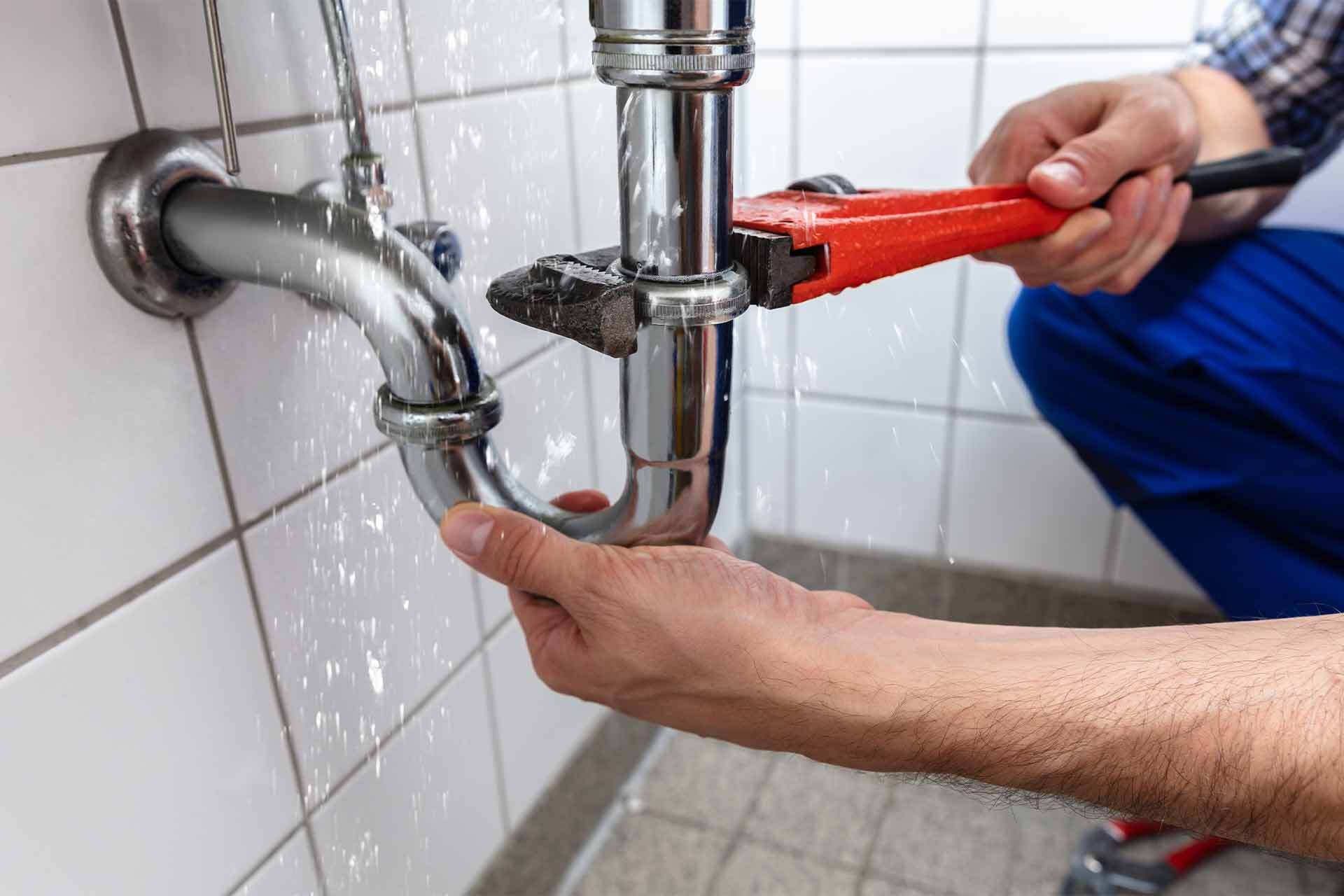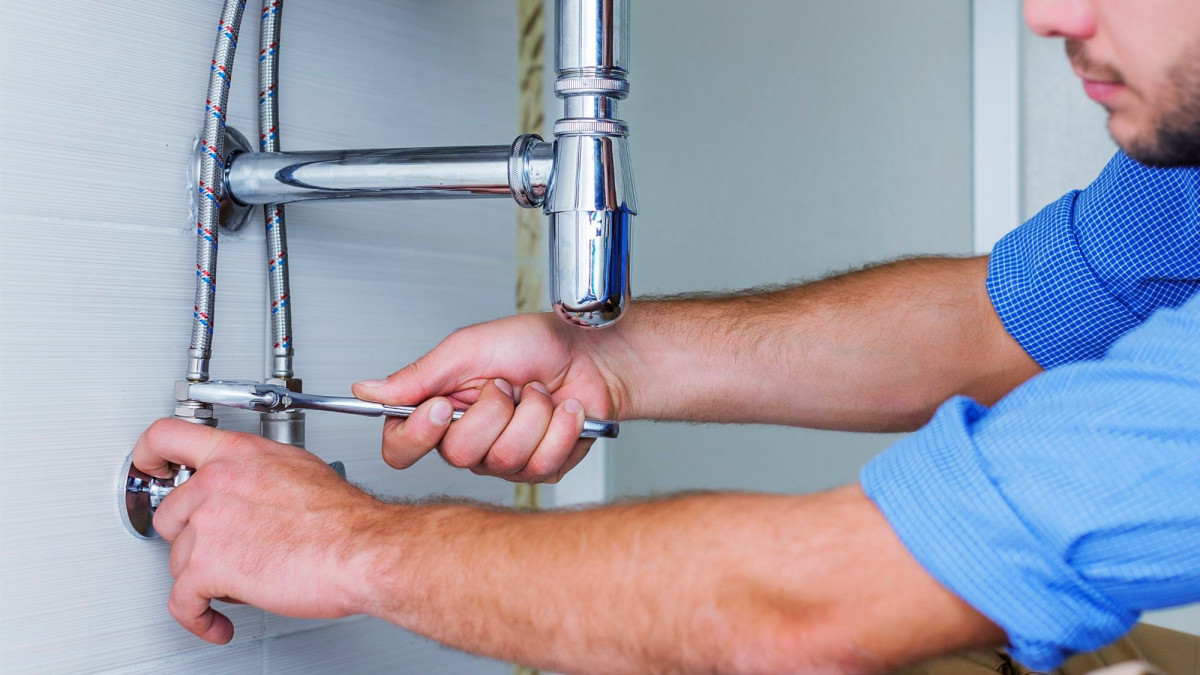Crucial Bathroom Plumbing Insights for New Homeowners
Crucial Bathroom Plumbing Insights for New Homeowners
Blog Article
What are your thoughts and feelings about Plumbing Tips for New Homeowners?

For new property owners, understanding and keeping washroom pipes can conserve both money and time by preventing costly problems down the line. Right here are some necessary washroom pipes pointers to assist you maintain every little thing running efficiently.
Acquaint Yourself with the Key Shut-Off Shutoff
Understanding where the major water shut-off shutoff is located in your house is vital. This permits you to promptly turn off the water supply in case of major leaks or throughout pipes emergency situations, stopping comprehensive water damage.
Frequently Examine for Leaks
Small leakages can bring about big troubles. Regularly examine under sinks, around commodes, and near plumbing fixtures for any indicators of leaks. Try to find moisture, small drips, or corrosion. Capturing and repairing leaks early can protect against extra severe damage and save water.
Do Not Neglect Slow Drains
If your sink or bathtub is draining pipes gradually, it's commonly an indication of a clog creating. Resolving this very early can avoid a complete clog. Utilize a plunger or a plumber's serpent to remove particles. Avoid making use of chemical drain cleaners as they can harm your pipes with time.
Know What Not to Flush
Toilets are not waste disposal unit. Avoid purging anything aside from toilet paper and human waste. Things like wipes, feminine health products, and cotton bud ought to be dealt with in the garbage to prevent obstructions and sewage system back-ups.
Install Strainers in Drains
Location filters in your sink and tub drains pipes to catch hair and various other particles before they enter your pipes system. Cleaning the strainers regularly will assist prevent buildup and keep water moving freely.
Keep Your Water Heater
Ensure your water heater is readied to an appropriate temperature level (commonly around 120 levels Fahrenheit) to stop hot and decrease power usage. Flush the storage tank every year to remove sediment accumulation, which can minimize the performance and life expectancy of your heating system.
Upgrade Your Fixtures
If your home has older fixtures, think about updating to more efficient designs. Modern commodes, showerheads, and taps are designed to use less water while supplying excellent pressure, which can substantially lower your water costs and ecological footprint.
Be Cautious with DIY Plumbing Repair Works
While it's tempting to deal with all home repair services by yourself, beware with plumbing. Some problems might need specialist knowledge, particularly if they entail main water lines or sewage system fixings. Employing a professional can sometimes be much more economical than do it yourself, specifically if it protects against further damage.
Prepare for Cold Weather
Protect your pipes from freezing during cold weather by protecting pipelines in unheated locations like cellars, attic rooms, and garages. Throughout extreme cold, let cold water drip from faucets served by subjected pipelines to assist stop cold.
Schedule Regular Maintenance
Take into consideration scheduling annual assessments with a qualified plumber. They can detect issues that you might miss out on, such as surprise leakages or deterioration on pipes and fixtures. Regular upkeep aids prolong the life of your plumbing system and can stop emergency situations.
Final thought
Understanding and maintaining your home's bathroom pipes can stop several usual problems. By complying with these important tips, you can guarantee your shower room stays functional and reliable, conserving you time and money in the long run.
5 Plumbing Tips for First-Time Homeowners
Know How to Shut Off the Water
In most homes, the water can be shut off at two places: at the appliance or fixture itself, and for the whole house. For instance, look under your sink or behind the toilet. See those little knobs that connect with the pipes? Those are the shut off valves for those fixtures. Simply turn them until the water is off. The main shut off valve (which controls water throughout your entire home) will be outside, where the water feeds into the structure. You might need a dedicated tool, such as a water shut-off key, to shut off the water at the main.
Build an Emergency Plumbing Kit
Everyone knows how important it is to have a high-quality plunger around the house. But there are other things that can help you out when issues arise with the pipes. Building an emergency plumbing kit to solve issues on your own is part of any list of basic plumbing tips. Consider adding these things to create a basic plumbing kit:
Adjustable wrench Tongue-and-groove pliers Screwdrivers Plumber’s tape Pipe sealant Duct tape Set of hex keys Clip light for working under cabinets Auger and hand snake Do a Little Research
Many small leaks can be handled by replacing a small part of the piping system, tightening part of a faucet, or even changing out an aerator. Take the time to browse how-to articles for common plumbing problems, such as a running toilet or slow-draining sink. You might be surprised to find how easy it can be to do simple things yourself, like replace a valve in the back of the toilet.
Keep it Simple With No Chemicals
If you have a clog, you might be tempted by the promises of liquid drain cleaner. While this might work at first, it actually causes more damage deep in the pipes, eventually creating even more problems down the road.
Instead, try using baking soda and vinegar to create a strong fizzing effect that can help break up clogs and clear gunk from drains. Follow it with boiling water to clean the pipes even more thoroughly.
Take Care of Your Garbage Disposal
Be cautious about what you put down the disposal. Avoid pouring in fats, oils, and grease, as these are a surefire way to get a clog. Beware of certain foods too, such as celery or bones, as they can lodge in the works. Always run the disposal with water flowing.
https://modernize.com/homeowner-resources/other/10-plumbing-tips-for-first-time-homeowners

This Website Report this page